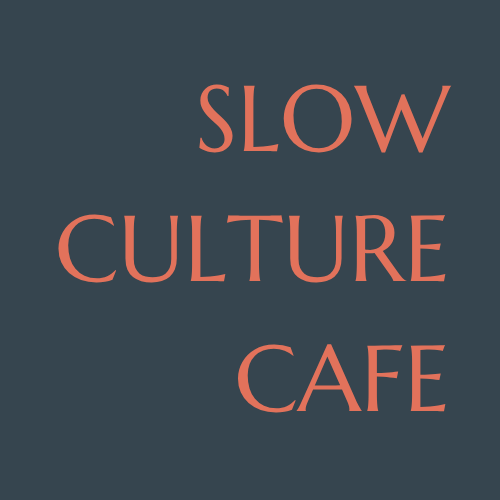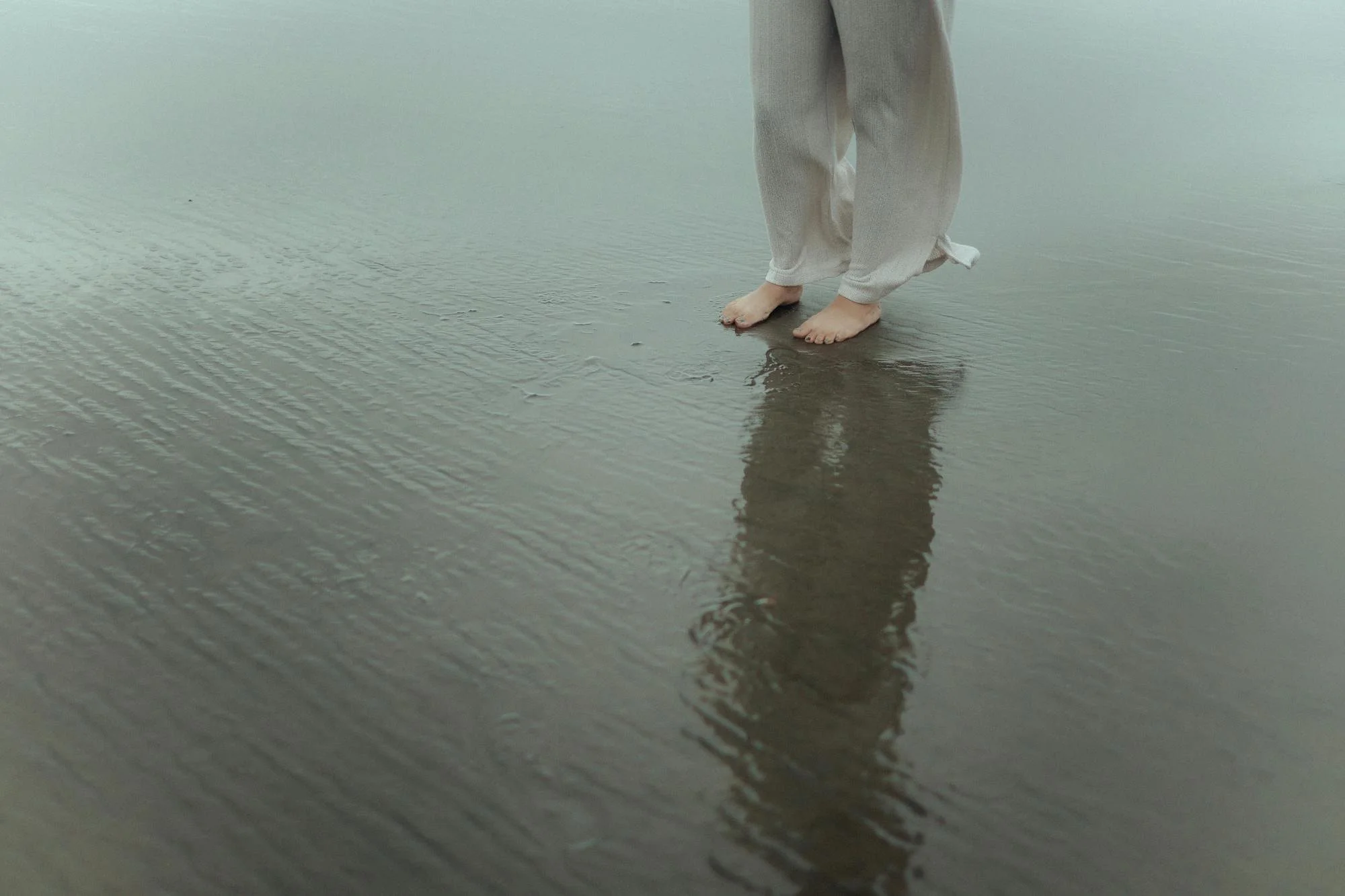The Quiet Power of the Daily Walk
In a world that moves too fast, the simple act of walking—alone, unhurried, and without a destination—can restore rhythm, reflection, and presence.
Most of us will spend many hours a day sitting at work or in our free time. Simply sitting there without moving. It is precisely in movement that new thoughts arise and when you walk in pairs or threes, completely new relationships and dialogs are created.
Somewhere between the buzz of alerts and the race to be productive, we forget we were made to walk. Not just to commute or exercise, but to move slowly, steadily, with no goal other than to be. The daily walk, once commonplace, now feels like a quiet act of rebellion—a way to return to ourselves in a world that constantly pulls us away.
There’s something deeply human about walking. Writers, thinkers, and poets have always known this. Virginia Woolf wandered London to loosen thoughts from their knots. Thoreau claimed his best thoughts came while walking the woods of Concord. Even Nietzsche insisted, “Only thoughts reached by walking have value.” Walking is not just locomotion—it’s meditation in motion.
When we walk, especially without a phone or podcast to fill the space, our minds begin to roam freely. We start to notice. The smell of crushed pine needles underfoot. The rhythm of our breath. The way the light scatters on a brick wall. Our thoughts become gentler, more coherent, less desperate. Often, what felt tangled all day begins to unravel in those minutes of quiet pacing.
Designing your life around a daily walk isn’t about adding another task to the list. It’s about removing everything else, just for a moment. It might be a ten-minute loop before breakfast, a lunch break escape around the block, or an after-dinner stroll beneath the setting sun. The walk need not be long to be profound. It just needs to be consistent.
In many cultures, walking is woven into the day like tea or prayer. Forest bathing, for example, is essentially walking with all senses open. In Italy, the evening passeggiata is a ritual—elegant, leisurely, social. These are not workouts. They are rituals of presence.
Perhaps the real gift of a daily walk is that it grants us a sense of time that feels our own again. It reminds us we are not merely data points rushing between screens, but bodies and minds that need rhythm, air, and space. And in that pause, we reclaim a little freedom.
If you take time for a mindful walk every day, you will realize that you will experience nature and your surroundings in a completely different way. It's not about simply switching off from everyday life, but about doing something for yourself, every day, to find yourself.
Today, consider slipping out for a short walk. No headphones, no rush. Let your thoughts wander. Let your shoulders soften. Let the world come to you, one quiet step at a time.

